Walter Kidde
It's a well known fact among older generation folks here in town that it was Walter Kidde who helped Belleville win the Second World War. While thousands of our own fighting men engaged our enemies around the globe, from Tokyo to Berlin and many unpleasant places in between and beyond, our highly skilled work force toiled without tiring in our factories producing copious quantities of war materials that would not fail at the moment when our town's sons most needed them to work right. There was no slip-shod work going on here. You didn't know whose son might need the equipment you were producing in a perilous moment. So, every piece was made as though someone you knew might need it in battle.
During the war, the folks at Belleville's Walter Kidde Company were making self-inflating life rafts and flotation vests, special design fire extinguishers for ships, tanks and aircraft, fire suppression systems for aircraft engines and compressed carbon dioxide devices for operating retractable landing gear and bomb bay doors and compressed oxygen systems for B-17 and B-29 bomber crews among so many other items. So well known was the value of the output of our factories, that our town became a high profile target to the enemy. Civil defense was a major issue taken very seriously here during the war years.
Somewhere out in the far Pacific, a wounded Grumman Hellcat is spiraling down. As the pilot ditches the plane in the sea, he pulls the cord on his Belleville-made flotation vest and escapes along with a Belleville-made inflatable raft. The vest and raft keep him afloat until he is rescued. A distance away, on the deck of an aircraft carrier, asbestos clad men, known as "Asbestos Joes", watch as a smoking war bird tries to set down on the deck. A Kidde fire suppression unit prevented the gas tanks of the plane from exploding in air giving the pilot a chance to come in. When the skidding craft bursts into flames on touchdown, the "Asbestos Joes" rushed straight into the flames, armed with Belleville-made flight deck equipment, doused the flames and saved the pilot. Wherever there was combat, Belleville was present in carefully crafted equipment to protect the fighting men.
In June of 1942, a crowd of 3,500 gathered around a podium just outside the Kidde plant. Mayor William Williams was introducing Colonel Casey Jones of the Army Air Force who would be followed by Walter Kidde, the genius who led the army of defense workers at the plant. The gathering was reminded that it was one of their devices that had saved famous aviator Eddie Rickenbacker when he was downed in the Pacific. They were told of Navy pilot Ensign George H. Gay who had been shot down the previous week during the battle of Midway, but was saved first by a Kidde flotation vest and then a Kidde life raft from which he then had a ringside seat to watch the battle. "Aren't you proud", said Mr. Kidde to the group gathered, "that our valves held, that the raft functioned and because they did, Ensign Gay survived to tell us this story of the battle." They were reminded that every type of tank in the Armored Service had two types of extinguisher and both of them were made here. Every battleship, PT boat, fighter, bomber and land base was protected by Belleville-made Kidde devices. "Men's lives depend on you !", they were told by Major Seddley Thornbury of the Armored Service. But everyone here already knew that. The booming voice of Colonel Casey Jones left them with a fiery battle cry "Let's beat that bunch of b------s and beat them well !" Everyone returned to their battle stations in the plant ready to pour it on.
Belleville's army in the Kidde plant gave their sweat, gave their blood in many collection drives and gave their money such as when, in January of 1945, they collectively contributed to purchase a B-29 long range bomber for the Air Force. It was christened by Mrs. Kidde, who, instead of using a traditional bottle of champagne, sprayed it with a fire extinguisher. It had been named "The Extinguisher" and bore an appropriate logo on its fuselage. In addition, over a thousand men who had previously worked at the Belleville plant, were involved in active combat and were users of the materials they had once helped to produce.
In the same year, the Armed Services paid tribute to the man and the town first in naming a long range bomber "The Belleville" and then in launching a Victory Ship names the "S. S. Walter Kidde". The Ship, sleek and fast, capable of 17 knots when at maximum power, could outrun a U-Boat.
Walter Kidde, the man, was born in Hoboken, NJ on March 7, 1877, was an adolescent during the classic gas-light era of the 1890s and became a college graduate from Stevens Institute of Technology in 1897. After a brief apprenticeship with a consulting firm, he opened his own office at age 23; Walter Kidde Constructors. Among his notable achievements during this time was the development of the ship yards at Port Newark and Kearny. During his term on the New Jersey State Highway Commission, he oversaw the construction of the first traffic circle at Camden, the design of the first clover-leaf intersection and , in 1932, the design and construction of the Pulaski Skyway. But, by as early as 1918, his attention was becoming increasingly focused on the manufacturing of fire fighting equipment. Engrossed with the development of his company and products, he declined an offer to run for Governor of New Jersey for the GOP in 1927.
It was a dark day for us when on Tuesday, February 9, 1943, Walter Kidde died suddenly of a heart attack in his home. The loss of his presence at this moment in time was a greater blow to the community than later generations could know. He had great plans for rewarding his army in Belleville for their Herculean war effort, plans that were to make of us a role-model community in the post-war era. He felt it was a just reward for a town that was giving so much of itself. There would be music and art centers, outdoor stadiums and theaters, expansive recreation areas, parks, tennis courts, children's playgrounds and just so much more. Many plans were already in the design stage and start-up funding provided. A foundation had been established to carry out his plan. But, without Walter Kidde's presence, organizing genius, fiery drive and desire to give back to the community, little of it came to be. We had a hero once, but he died too soon. In June of 1945, a monument was erected on the banks of the Passaic River, directly across from the entrance to the plant, to honor the memory of this great man. The Army may have had General MacArthur, but Belleville had Walter Kidde.
History Channel Exclusive - Dogfights Giftset Collection is 40% off - Shop now!
Labels: Belleville NJ, Kidde, WWII







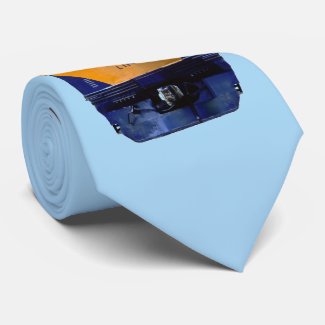
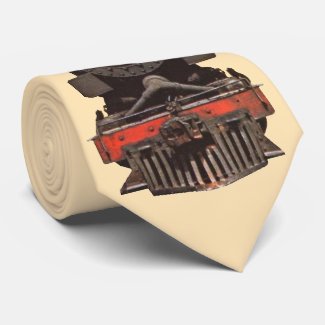
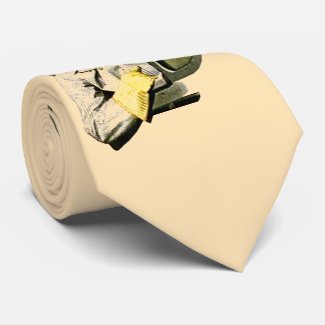








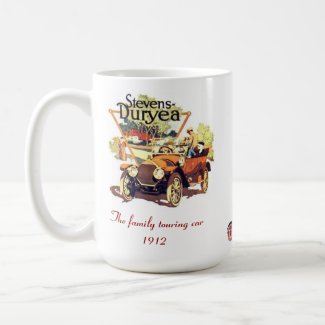

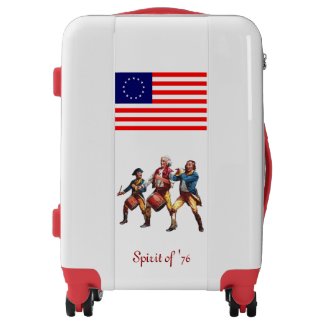
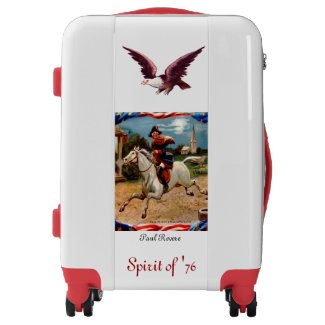
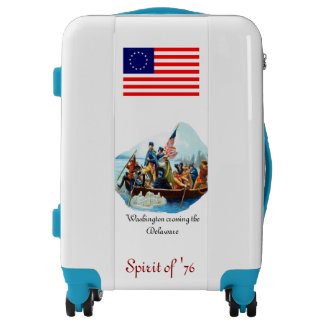
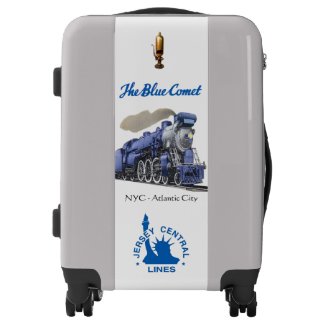
<< Home